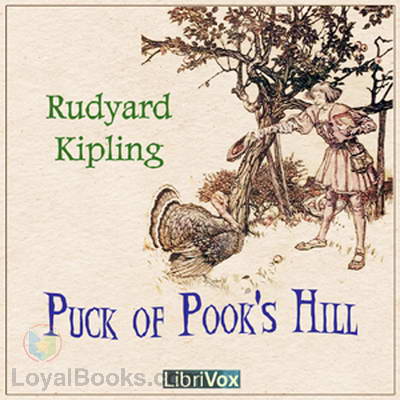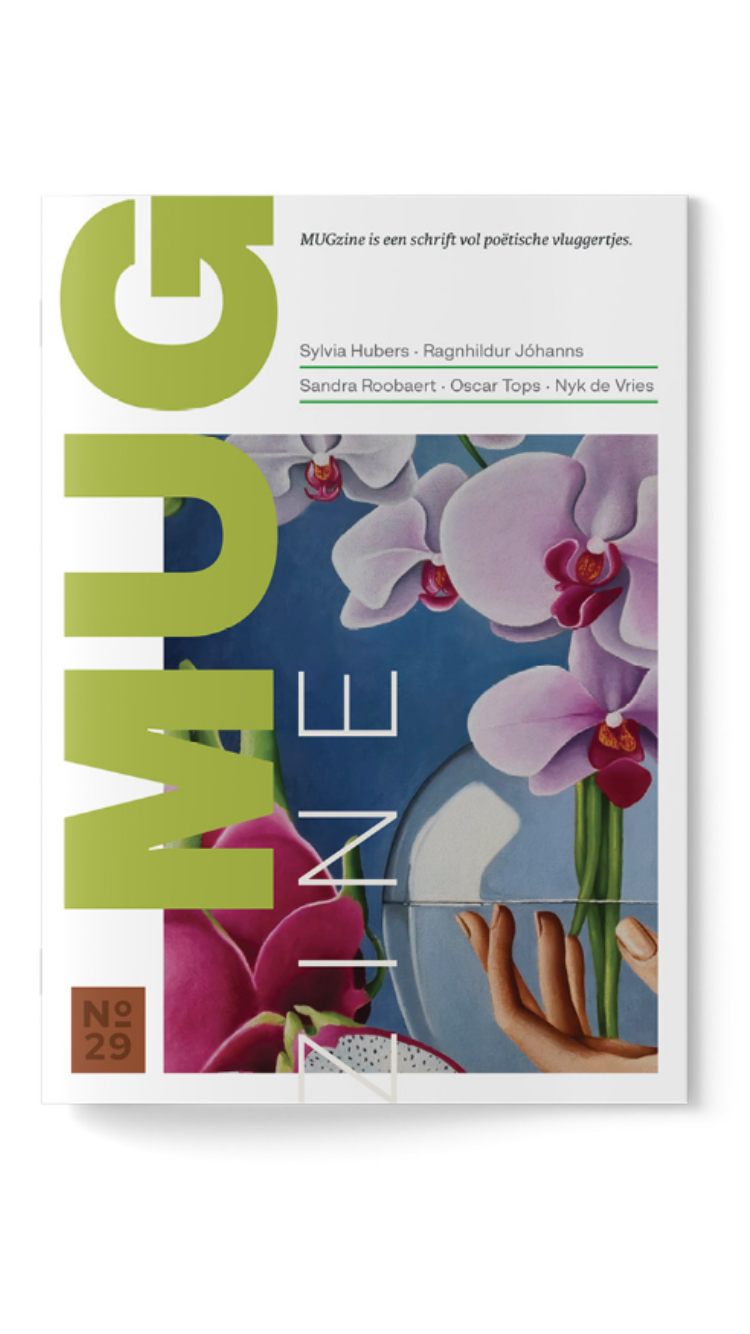Rudyard Kipling
.
In 1906 verscheen het gedicht ‘A Smuggler’s Song’ voor de eerste maal in de bundel ‘Puck of Pook’s Hill’. Het gedicht van Rudyard Kipling (1865-1936), die een jaar later de Nobelprijs voor de Literatuur zou krijgen, geeft een nogal geromantiseerde kijk op smokkel, maar dat weerspiegelde wel hoe veel Britten in die tijd tegen de handel aankeken. Respectabele dominees kochten hun sterke drank regelmatig bij de plaatselijke smokkelaar. Rudyard Kipling woonde in Sussex en wist dat de kustlijn van het graafschap een lange geschiedenis van smokkel kende; cognac, kant, thee en tabak waren slechts enkele van de goederen die vanuit Frankrijk over het Kanaal werden vervoerd, zonder dat er belasting over werd betaald.
De straffen voor degenen die door de accijnzen werden betrapt, waren streng, dus illegaal binnengebrachte goederen moesten snel op paarden worden geladen en naar een veilige opslagplaats worden gebracht. De spreker in het gedicht is de smokkelaar, die een waarschuwing geeft aan kinderen die mogelijk naar zijn activiteiten kijken. Zijn grammatica is niet perfect, en hij is zeer nuchter en onbeschaamd over zijn carrièrekeuze.
A Smuggler’s Song
.
If you wake at midnight, and hear a horse’s feet,
Don’t go drawing back the blind, or looking in the street.
Them that ask no questions isn’t told a lie.
Watch the wall, my darling, while the Gentlemen go by!
Five and twenty ponies,
Trotting through the dark —
Brandy for the Parson,
‘Baccy for the Clerk;
Laces for a lady, letters for a spy,
And watch the wall, my darling, while the Gentlemen go by!
Running round the woodlump if you chance to find
Little barrels, roped and tarred, all full of brandy-wine,
Don’t you shout to come and look, nor use ‘em for your play.
Put the brishwood back again — and they’ll be gone next day!
If you see the stable-door setting open wide;
If you see a tired horse lying down inside;
If your mother mends a coat cut about and tore;
If the lining’s wet and warm — don’t you ask no more!
If you meet King George’s men, dressed in blue and red,
You be carefull what you say, and mindful what is said.
If they call you “pretty maid,” and chuck you ‘neath the chin,
Don’t you tell where no one is, nor yet where no one’s been!
Knocks and footsteps round the house — whistles after dark —
You’ve no call for running out till the house-dogs bark.
Trusty’s here, and Pincher’s here, and see how dumb they lie —
They don’t fret to follow when the Gentlemen go by!
If you do as you’ve been told, ‘likely there’s a chance,
You’ll be given a dainty doll, all the way from France,
With a cap of Valenciennes, and a velvet hood —
A present from the Gentlemen, along o’ being good!
Five and twenty ponies,
Trotting through the dark —
Brandy for the Parson,
‘Baccy for the Clerk;
Them that asks no questions isn’t told a lie —
Watch the wall, my darling, while the Gentlemen go by!
.

Vind-ik-leuk Aan het laden...
Gerelateerd





Een reactie plaatsen
Comments 0